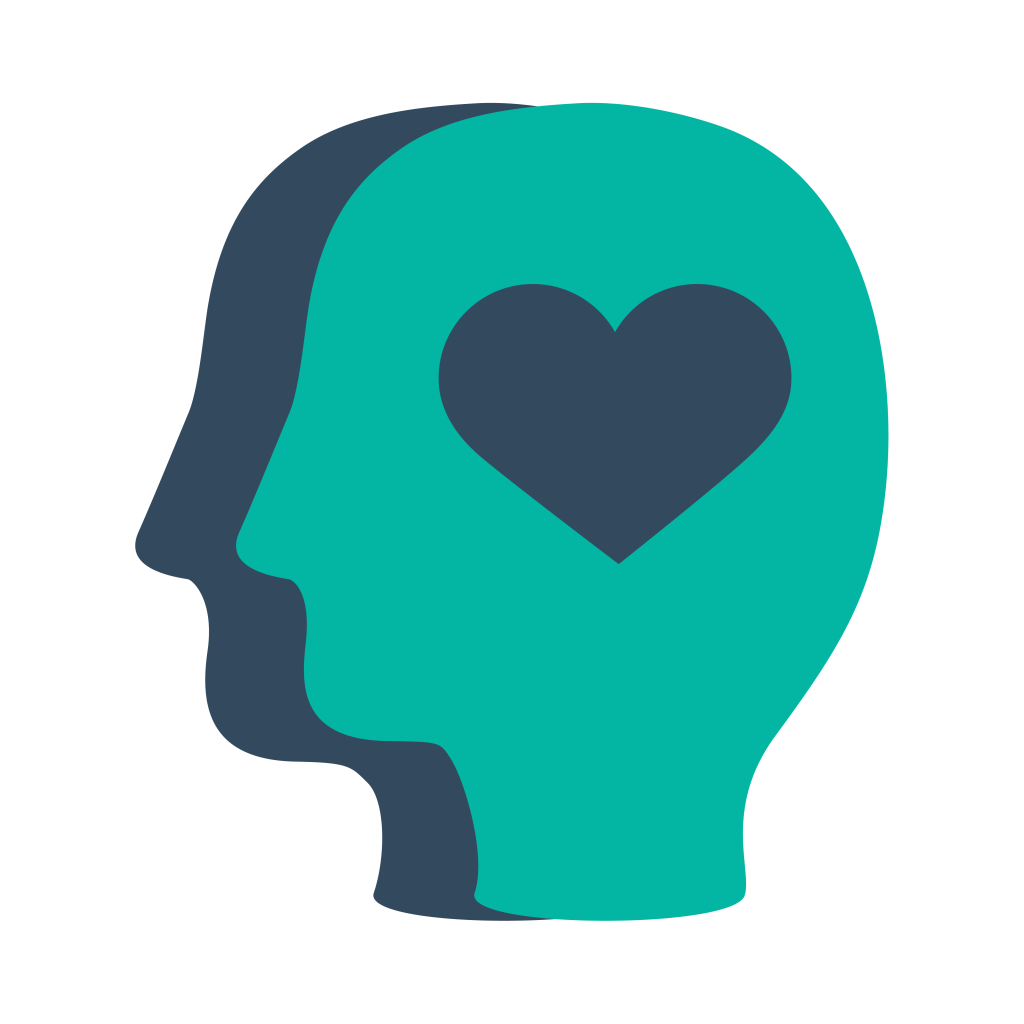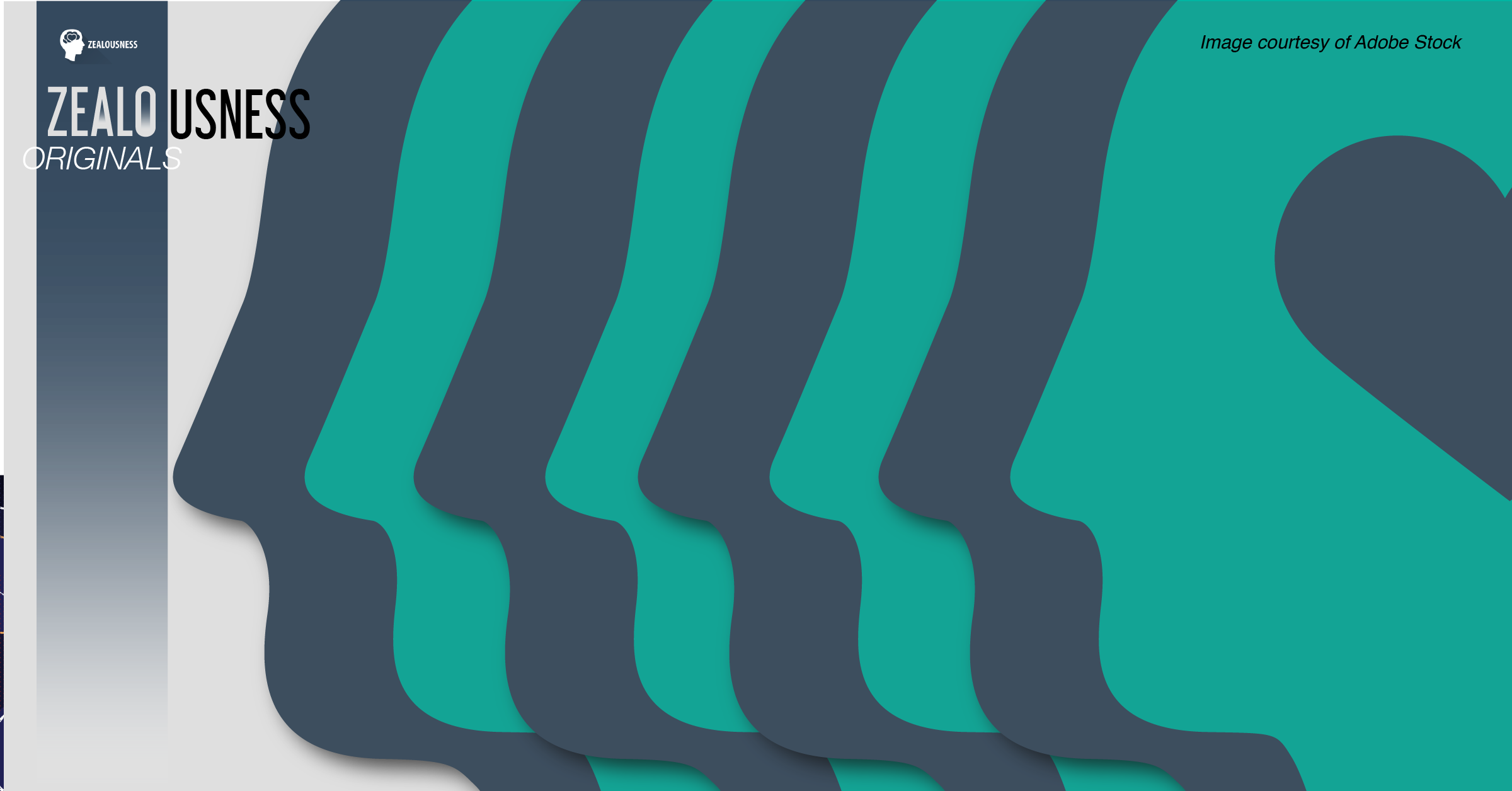What is our truth? And how do we find it? Luckily, our ancestors have given us a good starting point. Using the knowledge, we have inherited from previous generations, we have the ability to explore the world around us and determine how we fit in. Within that knowledge, our ancestors have gifted us facts and beliefs; they have created a reality and passed on their way of viewing the world. It is the stepping-stone to our own truth.
Our own truth starts from the seeds planted by the knowledge we were given but grows from the knowledge we gain through our own experiences.
As we become old enough to determine who we are and who we want to be in life, we rely a lot on the knowledge we receive from our family and close connections. This is not just the knowledge we gain through studying subjects at school or learning skills. According to philosophical theory, this type of knowledge is a belief—one that can be verified and justified. It is defined as “justified true belief,” where in order to be considered knowledge, it must fulfill the three criteria of being a belief, being true, and being justified.1
For example, when a doctor diagnoses a patient and creates a treatment plan, how do we know that their belief, judgment, and decision pertaining to the patient’s illness is true? Some philosophers claim that there is no such thing as a “true diagnosis.”2 Rather than questioning the truth of a diagnosis, we should focus on the validity of the criteria doctors rely on when diagnosing a patient. A diagnosis is made after careful observations of signs, symptoms, and behaviors, in addition to laboratory results. Though a doctor’s knowledge in any case may be fallible, a diagnosis normally corresponds with the evidence presented and can be justified by the numerous times this same diagnosis has been correctly made with similar criteria.
Doctors rely on the results of those who have come before them, but their knowledge is continuously evolving as the field of medicine advances. Similarly, in addition to the knowledge passed down to us, we also obtain new knowledge through our own experiences and our own reasoning.

Our own truth is a reflection of our reality.
As H.E. Baber states, “In classical logic, there are two truth values: true and false. A proposition is true if it corresponds to reality; otherwise it is false.”3 Truth and falsity figure in our ways of thinking just as belief and justification do—the same concepts that pertain to people’s knowledge about the world. The conventional view about truth is that it corresponds with reality—with the “world,” facts, and the way things are. Truth may include facts, but it may also include beliefs. In essence, our truth consists of our beliefs and thoughts that correspond to the facts around us.
When we talk about facts, there is complete truthfulness in them, so truth and facts are inseparable from one another. However, there is an important difference between them. Facts can be proven; they are pieces of indisputable information. Truth has meaning; it consists of the beliefs and thoughts that agree with the facts and that state the way things are. Discerning the truth is a matter of interpreting the facts. Narratives present us with facts, and it is up to us to analyze them. By doing this, we develop our own way of knowing the world.
Our own truth is shaped by our beliefs.
While truth and facts correspond with reality, this is not always the case with beliefs. When a belief does correspond with our reality, we deem it to be true. Whereas, when a belief describes reality other than it is, it is false.
A belief is best defined as an attitude that something is the case or that some propositions about the world are true. Philosophers use the term “belief” to refer to attitudes about the world. To believe something means to consider it to be true, but not all our beliefs are true. There are almost seven billion people on earth with different beliefs, different ways of perceiving the world, and different angles on how to approach facts and reality.

Beliefs are inherently subjective. Individually and collectively, we may hold a belief for which we have a particular sense of certitude and conviction. Now, this does not mean that just because one is certain that one’s belief is true, that it is not infallible. Believing in something does not necessarily make it true. As beliefs cannot be verified by objective methods, we find ways to justify our beliefs by using our senses, relying on authoritative testimony, or appealing to reason. Some beliefs are strongly ingrained, such as those held by culture or religion, just as some are held loosely and could change with a new experience or information. Whether a belief is true or false does not depend on the subjective thoughts of the believer but rather the state of affairs of the world referenced in the proposition the belief is about. If the world is otherwise, the belief is false regardless of how convinced the believer is of its truth.
Sources of beliefs include the environment, events, experiences, and knowledge—things we perceive with our senses. Beliefs are a choice, and when we choose our beliefs, we choose what will become our reality. There is research that indicates that our interpretation of experiences can literally affect our physiology. For example, Arthur Barsky, a psychiatrist, states that the patient’s belief whether a drug or medical procedure will be beneficial will affect the outcome.4 Doctors think that belief, i.e., reinforced awareness, becomes the patient’s biochemistry. Every cell of our body is aware of our thoughts, feelings, and beliefs. Whatever we tell ourselves and believe about ourselves, our mind and body will react accordingly.
Knowing our own truth involves challenging our beliefs.

As we grow, we select many beliefs during our lifetime. Some are wonderful, and we may benefit from them, while others limit us. We tend to only question our beliefs when we are faced with a situation that forces us to examine them. At this point, we may redefine, tweak, or even dismiss a belief. So how do we know what our beliefs are? We have to take a look at our lives; they are the complete representation of the beliefs we hold. Sometimes our actions are no longer in line with our beliefs of who we are or who we want to be. Getting to know our own truth means challenging the beliefs we have held on to for so long. Some individuals accept their beliefs as true because they represent the way things have always been or because they conveniently fit into their world. But are they based on fact? Do they correspond with reality?
“Truth is the aim of belief; falsity is a fault. People need the truth about the world in order to thrive.”5 Whether something is true, or not, and how someone sees it may affect their whole life, their decisions, their future plans and how they are treated in society in general.
Knowledge, truth, belief, and facts are intertwined with one another, and each of them sheds light upon the others. It is by investigating the world, analyzing facts, and challenging beliefs that we get to know our own truth.
References:
Ontario Ministry of Education, “How Do We Know What We Know: Exploring Epistemology: Justifying Belief,” HZT4U at e-Learning Ontario, accessed November 30, 2020,https://lah.elearningontario.ca/CMS/public/exported_courses/HZT4U/exported/HZT4UU03/HZT4UU03/HZT4UU03A02/_content.html.
Eugene J.F.M. Custers, “Theories of Truth and Teaching Clinical Reasoning and Problem Solving,” Advances in Health Sciences Education 24, (October 2019): 839-848,https://doi.org/10.1007/s10459-018-09871-4.
H.E. Baber, A Prelude to Logic (online textbook), (Hurley Logic: Custom Edition for USD Baber, n.d.) chap. 6,http://home.sandiego.edu/~baber/logic/6.Knowledge.pdf.
Gregg Braden, The Spontaneous Healing of Belief: Shattering the Paradigm of False Limits, (Hay House Publishers (India) Pvt. Ltd ,2008), quoted in T.S. Sathyanarayana Rao et al., “The Biochemistry of Belief,” Indian Journal of Psychiatry 51, no. 4 (October-December 2009): 239-241, https://www.ncbi.nlm.nih.gov/pmc/articles/PMC2802367/.
Simon W. Blackburn, “Truth: Philosophy and Logic,” in Encyclopedia Britannica, last updated November 19, 2020,https://www.britannica.com/topic/truth-philosophy-and-logic.
Additional References
Borrowdale, Jeffrey. Truth, Reality and Knowledge (handout, PHL203).https://media.lanecc.edu/users/borrowdalej/phl203_w19/phl203_w19_handout_0107_truth_reality_knowledge_1.html.
“The Difference Between the Facts and the Truth.” First Draft Footnotes. August 3, 2020.https://medium.com/1st-draft/the-difference-between-the-facts-and-the-truth-59e23c6185d.
“Facts vs. Truth.” Focus on the Family. Accessed November 29, 2020.https://www.focusonthefamily.com/family-qa/facts-vs-truth/.
Silber, Debi. “Beliefs vs Facts.” The PBT Institute. October 23, 2018.https://thepbtinstitute.com/beliefs-vs-facts/.






















